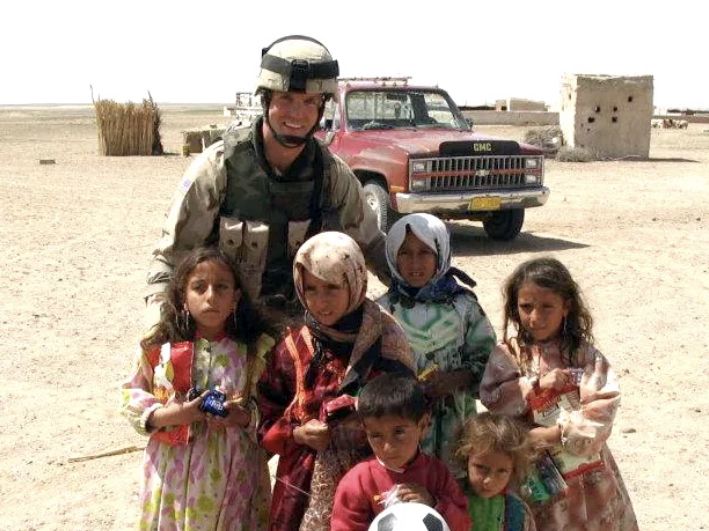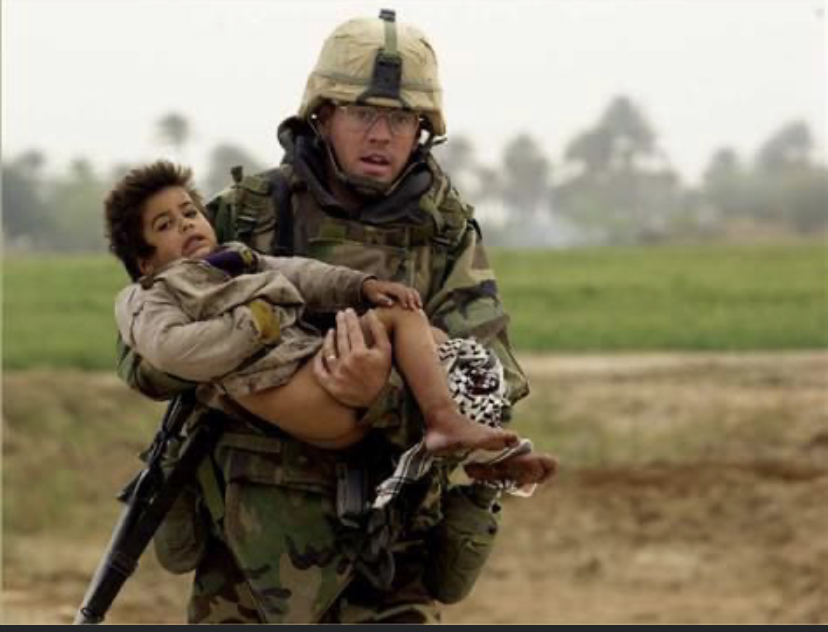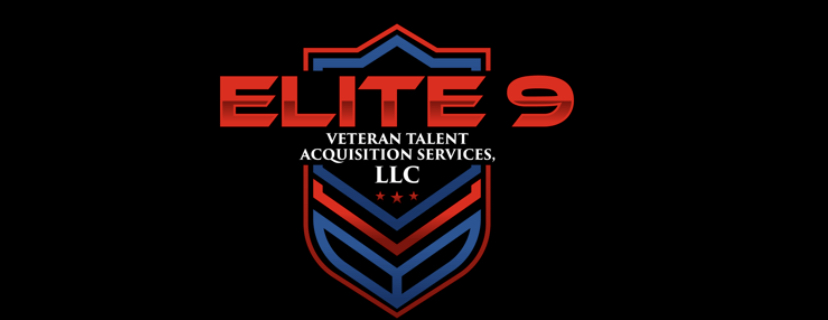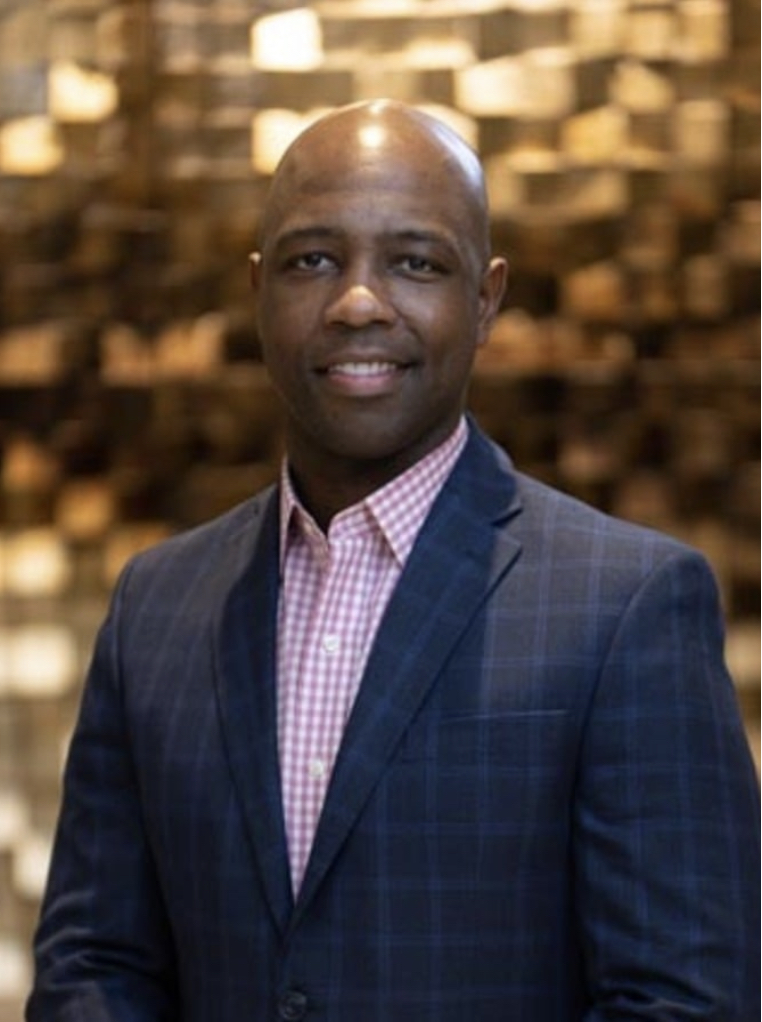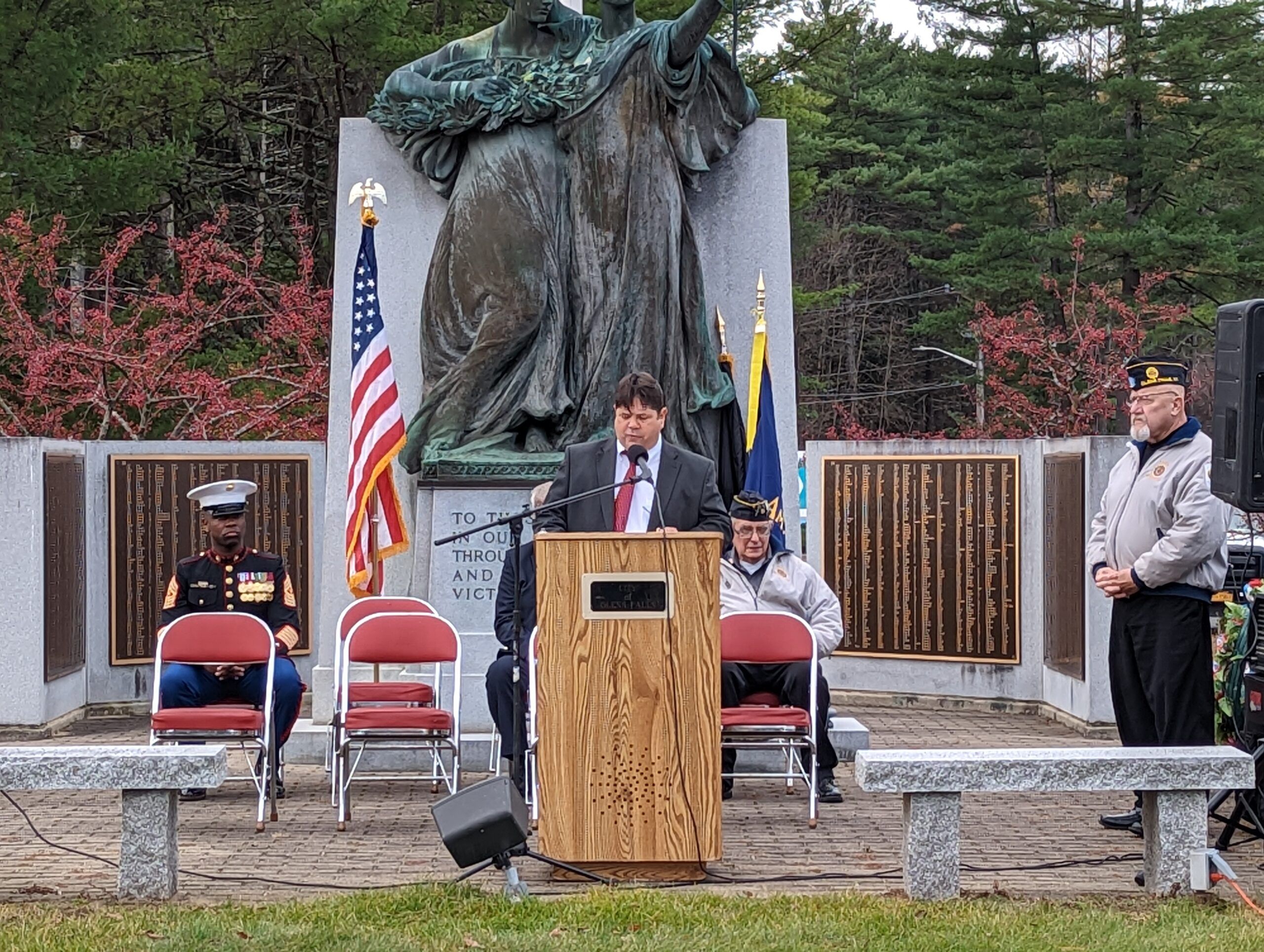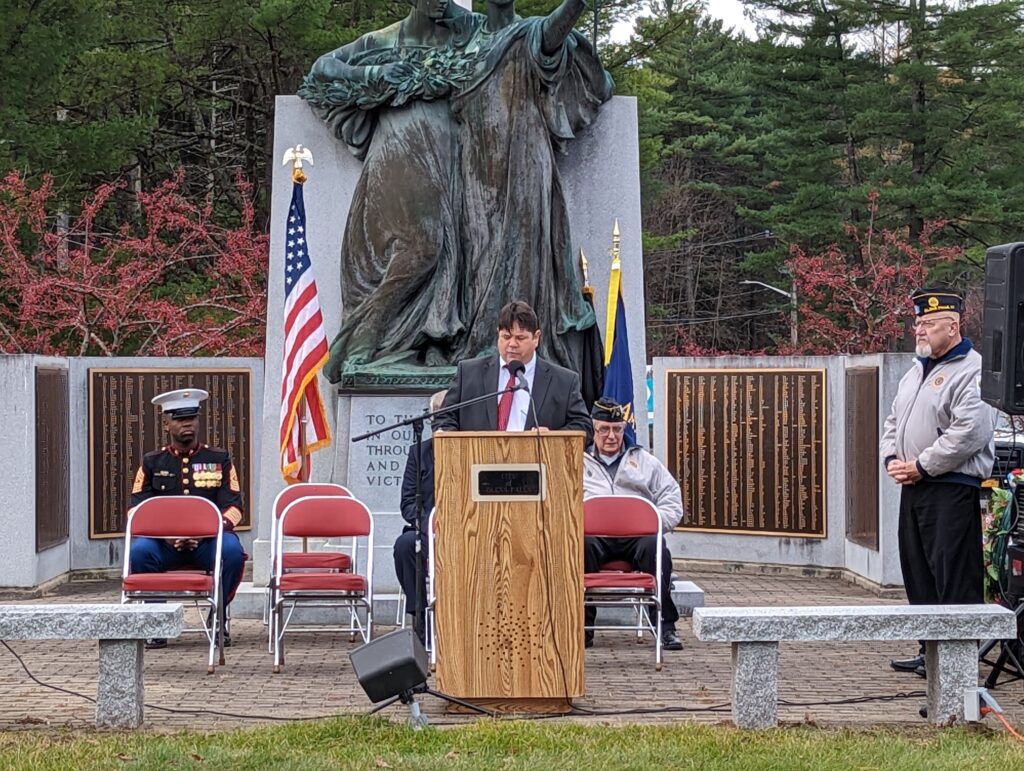Shifting to a Paradigm of Empowerment: A Veteran’s Story

Dave Byrne – a graduate of West Point Military Academy, who served in both Kuwait and Iraq – has spent the last five years establishing his solar energy business, Renua Energy… And he feels he has a responsibility to advocate for fellow veterans; specifically, the designation of being a disabled veteran, and the effect that could have on veterans living their fullest lives.
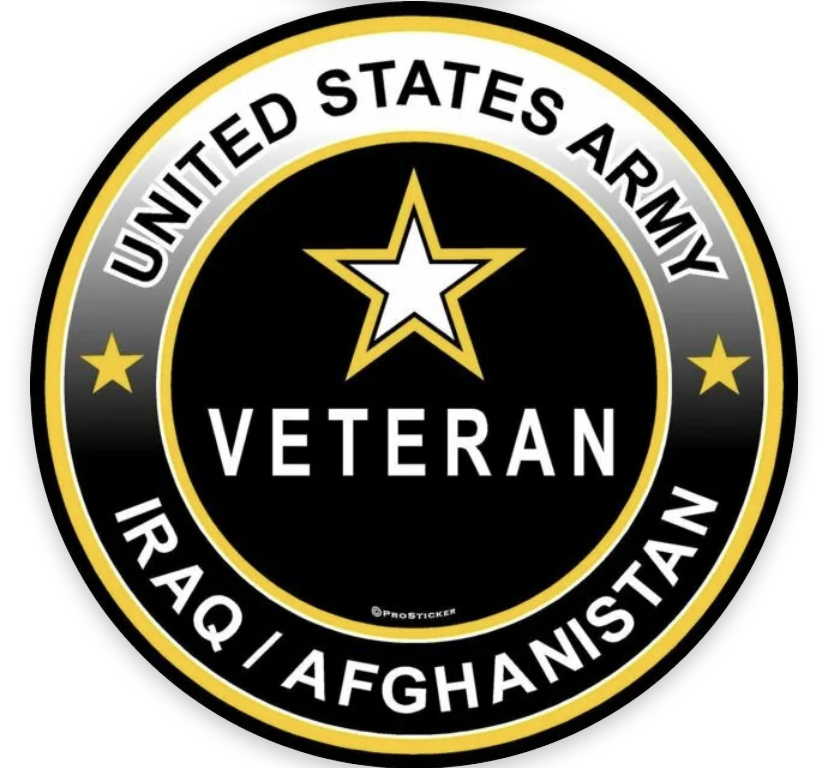
Today, Dave Byrne is the president and founder of Renua Energy, a state and federally certified service-disabled veteran owned small business (SDVOSB) located in South Glens Falls. Renua Energy provides consulting and development services for community solar projects, and provides electric charging solutions for local businesses… Dave has been in the field of solar energy for fifteen years. He began his career in solar energy as a residential solar installer, and worked in various roles in the industry prior to starting his own company five years ago.
As a first-generation American, Dave was influenced by his parents’ experiences as immigrants… Due to his family’s struggles, he knew that it would take hard work to accomplish his goals. Dave’s life experiences from a humble childhood to his experiences overseas have shaped how he sees his country, fellow veterans, and his business practices… And Dave’s heart is heavy with the notion that too much of the national conversation surrounding veteran’s issues is focused on the disabilities of veterans. He is interested in showcasing an alternative narrative highlighting the training, experiences, and values that he and his fellow veterans have gained through their service.
Dave is deeply appreciative of the sacrifices that veterans make, and keenly aware of the effects that can be carried with them for the remainder of their lives… However, he believes that it is also important to highlight the importance of the resilience of the military community, and the life lessons and strong values that time in the military has imparted upon him and so many other veterans.
Dave is aware that the veterans needs the support of the medical community, and encourages fellow combat veterans to do the hard work to heal: “I think that as a veteran community, we have to be careful on an individual level of being labeled as ‘disadvantaged’ because of our service. A lot of us saw a lot of terrible things that most people will never see in their lives… I share this because my greatest hope is that fellow veterans will realize that if they are struggling spiritually, emotionally, mentally, or physically, that they shouldn’t just look at their time in combat, but be willing to look at other potential sources of pain from their lives to empower themselves to get better,” he said.
Dave believes that there are dangers in and accepting a “disabled” or “disadvantaged” label without doing the difficult work of investigating if there are other factors at work… With the help of the medical community and an open and honest understanding of Post Traumatic Stress Disorder (PTSD), it may be valuable to explore additional underlying causes of the stress. Identifying all aspects of PTSD may give veterans an opportunity to live a broader and more fulfilling life.
Due to his tours in Iraq and Kuwait, Dave became aware of the need to diversify the energy needs of the United States… He developed a passion for renewable energy, and is dedicated to serving his customers and his communities. Dave has taken the core values that he learned in the military, and applied them to building his business. Many of the skills that he gained have become pillars in the work that he does every day – good core values, work ethic, and perseverance are the intangibles that have helped Dave to build both his life, and his business.
To pursue his goal of attending West Point, Dave needed a Congressional nomination… He choose to seek the nomination of Congressman Gerald Solomon. Solomon had a solid reputation for vetting and recommending the top candidates through his nomination committee’s diligent interview process: “The candidates were listed from 1 to 10, and the number-one candidate would receive an automatic acceptance into the Academy… And the committee already had the number one spot filled,” Dave said. However, that didn’t stop him! He made an effort to visit each of the committee members in person prior to his interview before the committee: “I believe I visited 18 of the committee members prior to the interview. That extra effort secured me the top slot from the other candidate,” he said.
Shortly after graduation from West Point, the events of 9/11 dictated Dave’s service – he was deployed to Kuwait, and then to Iraq. During his time there, his unit oversaw three free elections… They also were responsible for intercepting the makings of bombs that were intended to stop the elections.
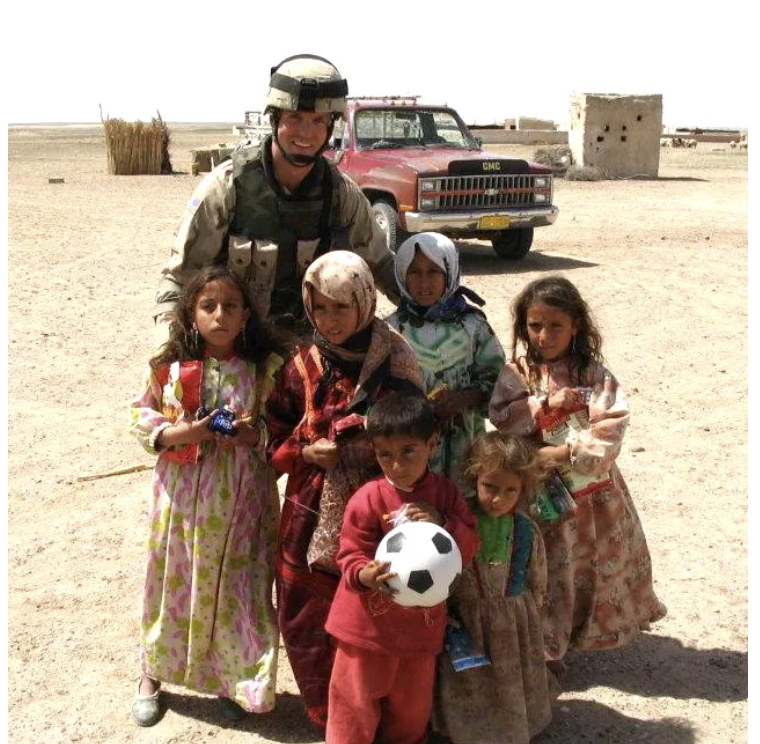
Although he was a graduate of West Point and a former Army Captain, his experience in the solar industry was non-existent, so he began as an installer – carrying solar panels up ladders and installing them on rooftops. This experience gave him an appreciation for the work in the trades… Although he was in good physical shape from the military, installing solar panels in the summer was exceptionally difficult, and demanding both physically and mentally. This work set him on the path of creating his own company.

As Dave looks back to his personal experiences and his military service, he would like to highlight the benefits that he has gained from his service, and cautiously and thoughtfully infuse a concept that labeling veterans as disabled may pigeon-hole both how they see themselves and how their community and society view them.
“Being away from my wife and son for over two and a half years in combat or field training was not easy, but I have also come to realize that I was privileged to have had the opportunity to serve my country in a meaningful way and to become a member of the largest cohesive network in the world – the US military veteran community,” Byrne said.
For more information, please visit Renuaenergy.com
